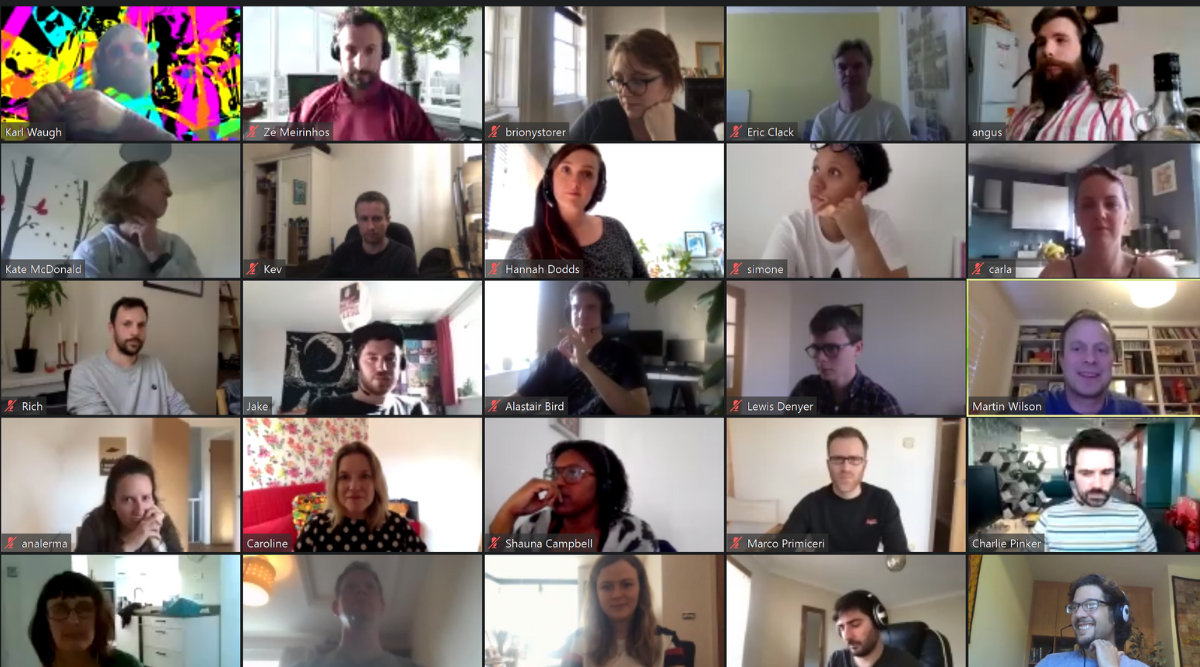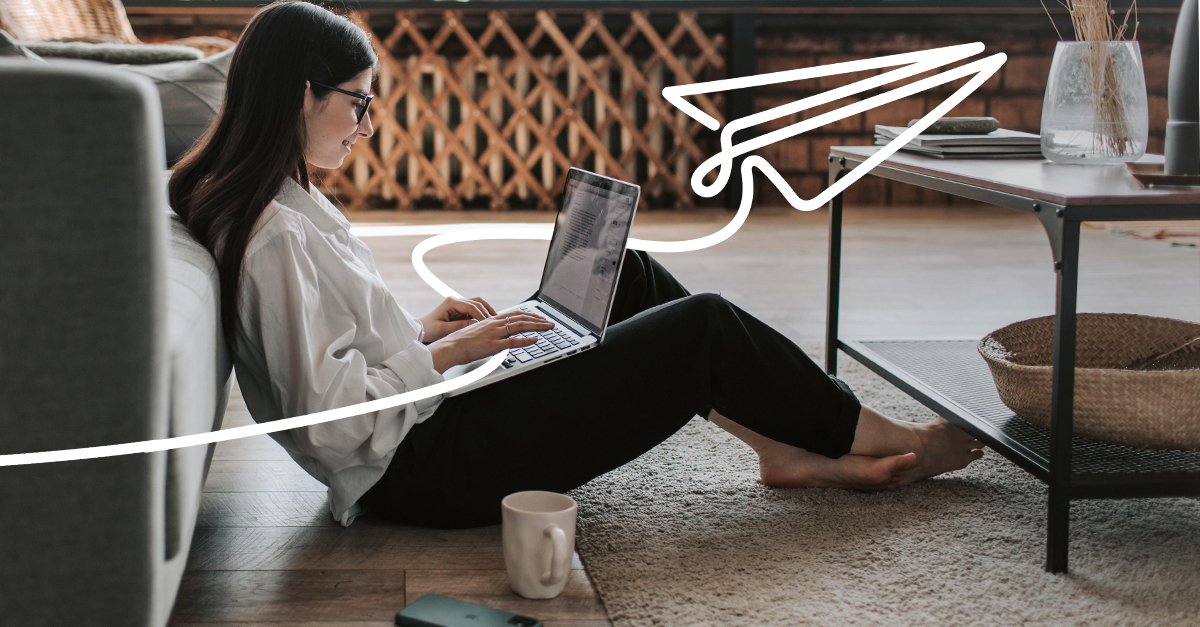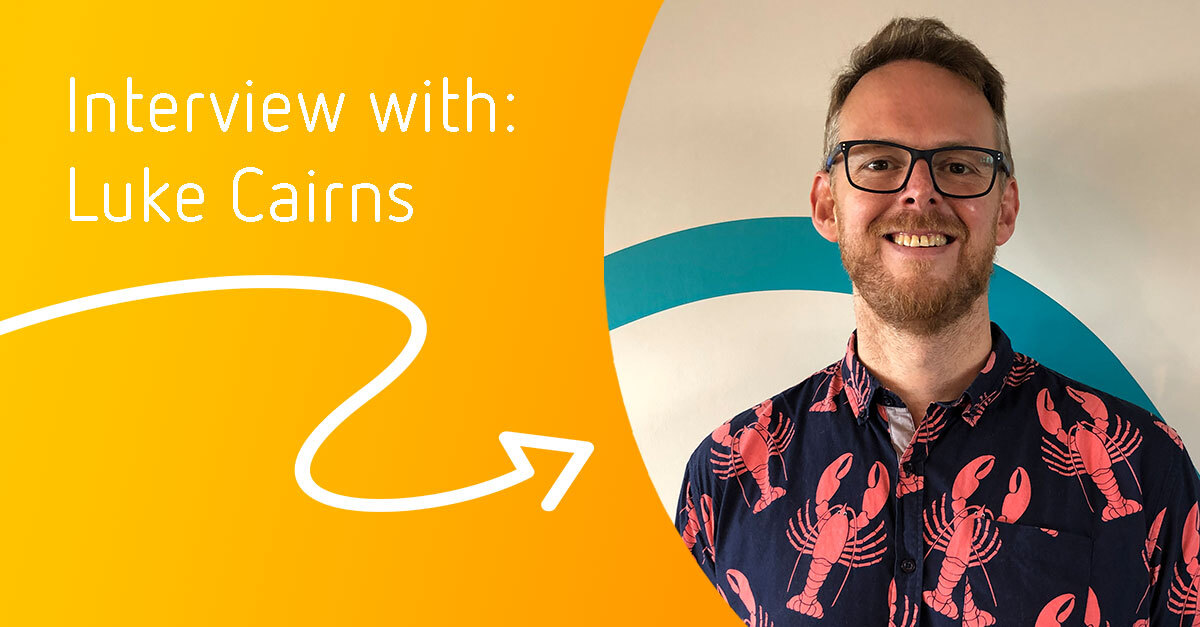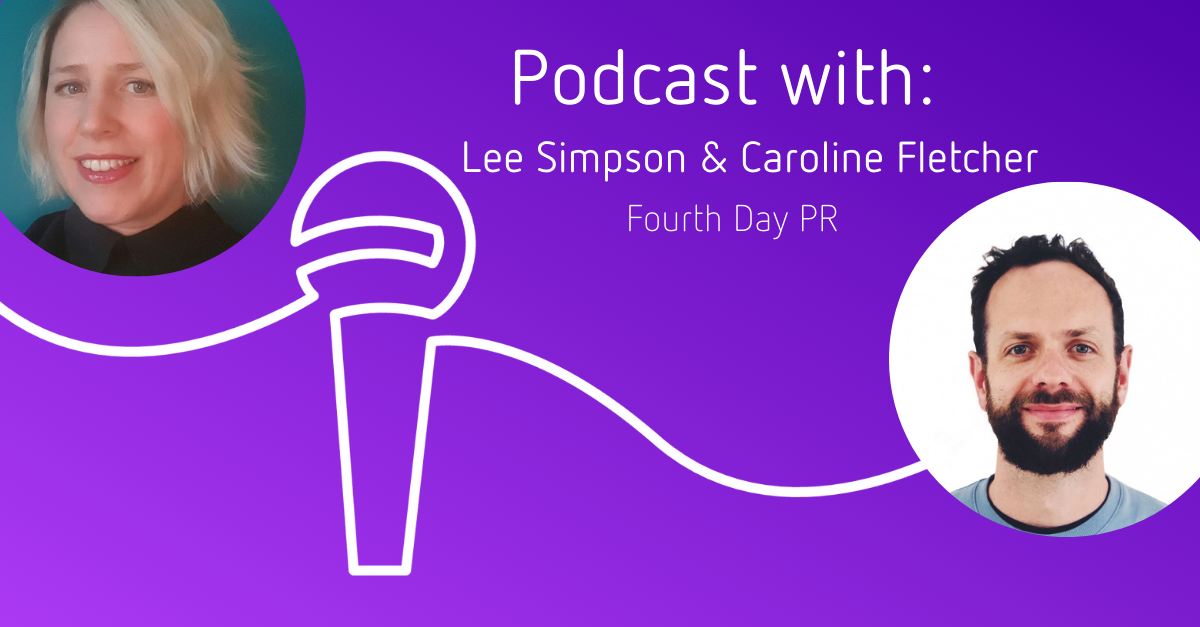On our recent podcast we discuss the extremely relevant topic of how to tackle virtual onboarding. Caroline Collyer, Head of People at Bright has 25 years experience in HR across different industries and is the reason why we are able to find, employ and most importantly retain so many amazing staff - even in times of lockdown! She's been able to continue our employment and onboarding process online alongside our head of Brand, Vic Heyward, With these two powerhouses working on staff happiness, it’s no wonder we recently achieved a 2020 UK Best Workplaces™ award By ‘Great Place to Work’.
Caroline, you’ve been part of the Bright team for 15 years now - what do you personally think is the key to happiness at work?
First on the list would be the ability to be yourself in the workplace - in an environment that champions open and honest conversations. Having supportive colleagues is important as there are always going to be bad days in any job so a support network amongst your peers is crucial. Finally, I think that it's important to find your role varied and interesting. Learning and evolving within a job can provide great happiness and a sense of achievement.

There's little our Caroline doesn't know about keeping happy at work
There’s a big emphasis at Bright about ensuring that new starters are fully supported from the moment they are offered a job. Currently, everyone from Bright is working from home due to Covid-19 so this has changed the way new starters are onboarded. What are your tips on how to do this successfully?
Preparation is key. When a new starter is onboarded remotely you come up against a few more logistical challenges, so it's important to have a process drafted up to make sure they have everything they need to do their job and also feel part of the company socially.
- Firstly, look at your normal onboarding plan and adjust it to an online format wherever you can using the tools mentioned below.
- Make sure your new starter has all the equipment needed to do their role comfortably. At Bright, we always ask our new recruits whether they prefer to work via Mac or PC and check in regarding their home set up - do they need a back or wrist support? We then make sure that their laptop is set up and sent to them installed with everything they need to get going. We also give them access to the Bright Asset Bank which holds all the digital content they might need to go about their daily tasks.
Introduce new starters to the company culture via video chat. This would ideally be scheduled in with your HR representative and should cover everything from working hours to dress codes - even at home you want them to be comfortable! This chat can also cover social occasions such as lunch clubs, beer o clock and who to speak to about what in the company. Keeping social occasions running through lockdown is extremely important as it gives people a sense of normality and routine, and allows relationships to develop between new starters and current staff. - Assign a buddy. This is a great way to let your new starter ask all the informal questions they might not be comfortable with asking their line manager.
- Alert existing employees that there is a new starter and arrange a team Zoom call to say hello and introduce everyone virtually.
- Don't skimp on your onboarding for freelancers! Now, more than ever using freelancers is a great way of bridging gaps in your team. Spending some time introducing them to the company culture and ensuring they feel a part of the team will prove to be beneficial in the long term.
There are plenty of tools that are brilliant for keeping in contact with new starters and offering face to face calls or just quick-fire messages;
- Slack - quick informal chats
- Zoom - bigger meetings
- Google Drive - free cloud storage
- Asset Bank - intuitive digital asset storage

There's always one joker with the funky background...
The average amount of time your staff will work at Bright is currently 4.6 years - not bad for a young company! What do you feel is encouraging people to stay loyal to the company?
A combination of factors! We have a strong rewards system - pay scales are transparent and competitive for the South East. We offer a brilliant tailored benefit scheme which came from an employee engagement survey where we asked the team exactly what they would like as benefits. We felt this would work better than a blanket scheme which people might not want or use. One of these benefits are wellbeing contributions that are flexible - people aren't locked into a gym membership etc. but are able to use it for what they deem to be helpful for their personal wellbeing, e.g. yoga or meditation classes, gym etc.
We offer a generous income protection scheme - if someone is off on a long term illness 80% of their salary paid for up to 5 years. This provides incredible peace of mind for our employees and is actually not as expensive as you might think it could be.
We have three Mental Health First Aiders. They are all trained to speak to members of the team about any mental health issues they may be facing with understanding and empathy. We also offer 'regrouping days' for those who need headspace and time away from the office.
When staff members do leave we make sure to have an exit interview to find out their honest feedback - this allows us to improve and grow as a company. Overall, I believe staff retention at Bright is high because people like each other and we have a respectful feedback system.
The Office of National Statistics believes that 50% of UK employees will be working remotely by next year. Due to Government ruling pretty much all of Bright are working remotely currently, which happened almost overnight! How did you cope with that quick change and have there been any challenges so far?
We were quite lucky in many ways that we were pretty well set up for working from home. Every member of staff has a laptop which made the technology set up much easier, and because we use a combination of Google Drive and Asset Bank, all our files are accessible from anywhere in the world!
The most challenging part of working from home is cultivating a feeling of mutual trust between teams and employers. We found that before lock down, those who worked from home on occasion tended to be extremely productive as they were grateful for the flexibility it gave them, especially around childcare etc. Because people value this flexibility it is unlikely that they will do anything to compromise it. Working from home must be measured on output - if people are achieving their targets and goals then we trust them to work the 7.5 hours across a day at home.
Although they might need to be available for meetings we don't see an issue with people starting earlier or finishing later if they need to get something done in the middle of the day. With many parents having to multitask more than ever with their children being at home it's important that we give them the support and flexibility needed to do their job around childcare.
As with most things in life, communication is key and we encourage all teams to communicate throughout the day with their colleagues. This is especially important with new starters who are in need of extra coaching and support.
A big thanks to Caroline and Vic who contributed to our podcast and shared their insider tips.To listen to the full podcast or the other episodes then head to Spotify, Apple Podcasts.
Our podcasts are recorded and produced by the brilliant Laura Evans at Let's Talk Video Production.



